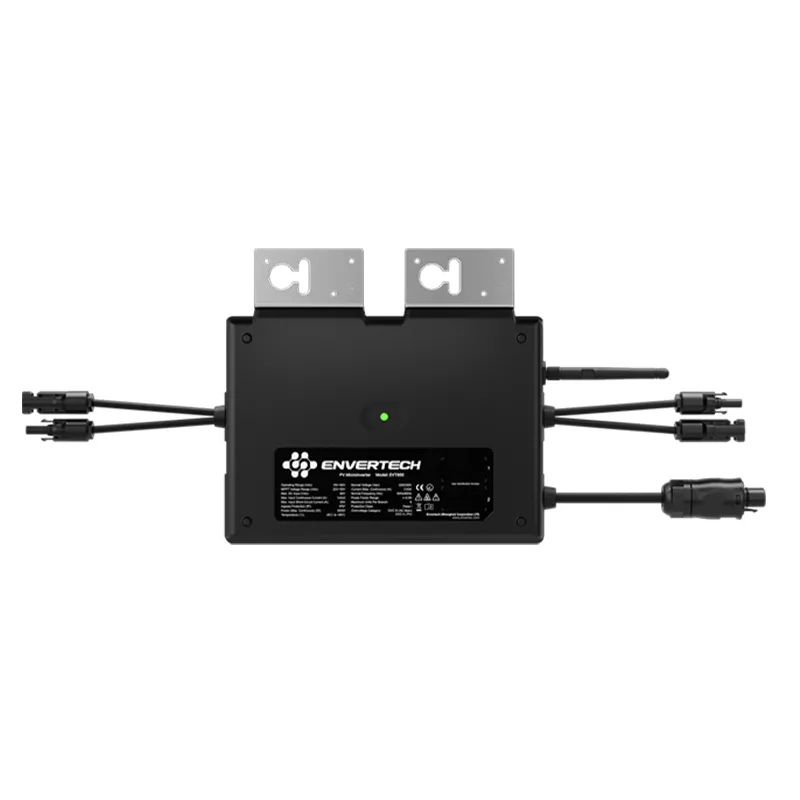Installing Solar Panels on Your Rooftop for Sustainable Energy Solutions
Benefits of Putting Solar Panels on Your Roof
As the world increasingly grapples with climate change and the need for sustainable energy sources, solar energy has emerged as a popular and practical solution. One of the most efficient ways to harness solar energy is by installing solar panels on rooftops. This article will explore the myriad benefits of putting solar panels on your roof, including economic, environmental, and practical advantages.
Economic Benefits
1. Reduction in Electricity Bills One of the most immediate benefits of installing solar panels is the reduction in electricity costs. Solar panels convert sunlight into electricity, which can be used to power your home. This means you draw less energy from the grid, significantly lowering your monthly bills. In many cases, homeowners notice savings right from the first month of installation.
2. Incentives and Tax Credits Many governments offer incentives for homeowners who choose to install solar panels. In the United States, for example, the federal solar investment tax credit (ITC) allows you to deduct a substantial percentage of the installation costs from your federal taxes. Various state and local programs also provide rebates and incentives, making solar energy more affordable.
3. Increase in Property Value Homes equipped with solar energy systems often sell for more than their non-solar counterparts. A study by the U.S. Department of Energy found that homes with solar panels sold for about 4% more on average than similar homes without. This increase in property value can be a significant advantage if you plan to sell your home in the future.
Environmental Benefits
1. Reduction in Carbon Footprint Installing solar panels can dramatically reduce your household's carbon footprint. Traditional energy sources, such as coal and natural gas, emit large amounts of greenhouse gases when burned for electricity. In contrast, solar energy production is clean and renewable, making it an environmentally responsible choice.
putting solar panels on roof

2. Sustainable Energy Source Unlike fossil fuels, which are finite and contribute to air pollution, solar energy is abundant and sustainable. By harnessing the sun's energy, we can reduce our reliance on non-renewable resources, which is essential for long-term ecological health.
3. Grid Independence With solar panels, you generate your own electricity, which gives you a level of independence from the local utility grid. This can be particularly beneficial in areas prone to power outages or rising electricity prices. Some homeowners opt for battery storage systems, which allow them to store excess solar energy for use during cloudy days or at night.
Practical Considerations
1. Low Maintenance Requirements Solar panels require minimal maintenance once installed. They have no moving parts, which means there is less to break. Regular cleaning and occasional inspections to ensure that the panels are functioning optimally are generally all that is necessary. Most manufacturers offer warranties that last for 20–25 years, ensuring long-term reliability.
2. Technological Advances Advances in solar technology continue to improve the efficiency of solar panels. Newer models can capture and convert sunlight more effectively, meaning that even smaller installations can yield substantial energy outputs. This increased efficiency allows homeowners to make the most of limited roof space.
3. Aesthetic Options Modern solar panels come in a variety of styles and colors, allowing homeowners to choose options that blend seamlessly with their home’s architectural design. From traditional panels to solar shingles that look like regular roofing materials, there are aesthetic choices to suit diverse preferences.
Conclusion
In conclusion, putting solar panels on your roof is not just a decision to save money; it is an investment in a sustainable future. The economic benefits, such as reduced electricity costs and increased property value, are compelling. Moreover, the environmental advantages—reducing your carbon footprint and promoting renewable energy—are crucial in our fight against climate change. Finally, the practicality of modern solar panel systems, combined with advancements in technology and design, makes solar energy a viable option for many homeowners. By choosing to install solar panels, you contribute to a more sustainable energy future while enjoying numerous personal benefits.
-
String Solar Inverter: The High-Efficiency Solution for Smart Solar EnergyNewsJul.14,2025
-
Revolutionizing Rooftop Energy with the Power of the Micro Solar InverterNewsJul.14,2025
-
Power Independence with Smart Off Grid Solar Inverter SolutionsNewsJul.14,2025
-
On Grid Solar Inverter: Powering the Future with Smart Grid IntegrationNewsJul.14,2025
-
Monocrystalline Solar Panels: High-Efficiency Power for the Future of Clean EnergyNewsJul.14,2025
-
Bifacial Solar Panel: A Smarter Investment for Next-Generation Energy SystemsNewsJul.14,2025







